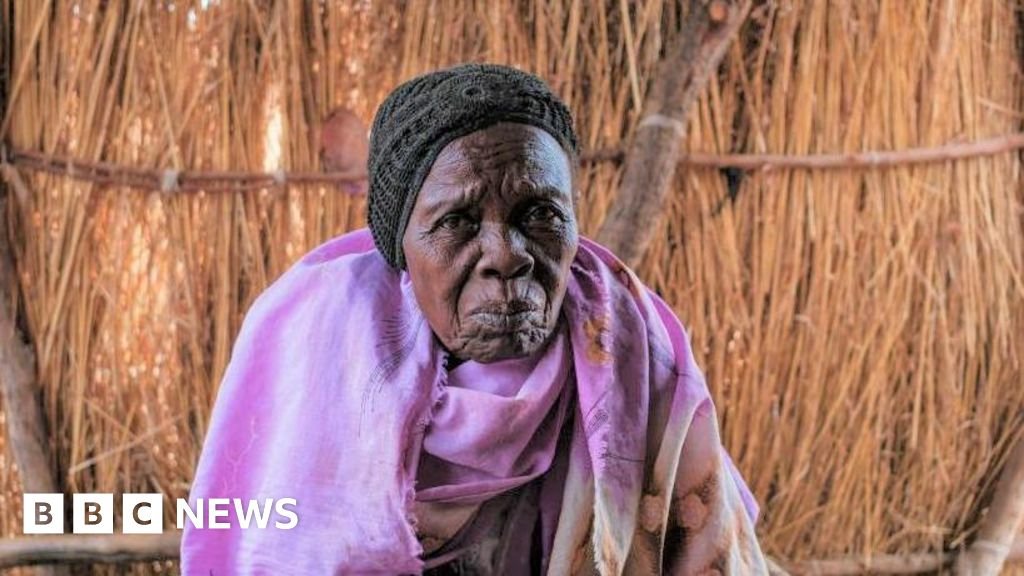“Everything I’ve seen confirms that this is indeed the biggest humanitarian situation on our watch, the biggest hunger crisis, the biggest displacement crisis,” Mr Egeland said after a trip to Sudan.
In September, the World Health Organization (WHO) said famine in Sudan was “virtually universal”.
Canteens were forced to close due to underfunding. Egeland said the lack of humanitarian aid meant that other sources of aid were simply “delaying deaths rather than preventing them”.
“Most of Sudan is starving, it is starving,” he said, adding that starvation was used as a method of warfare.
Some food security experts fear that up to 2.5 million people could starve to death by the end of this year.
Mr Egeland warned that the world was “totally failing Sudan” by not doing enough.
He told the BBC that if Europe wants to avoid a refugee crisis, it needs to invest in “aid, protection and peace in this part of the world”.
“It’s an underfunded operation, even though it’s the biggest emergency in the world,” he said.
Thousands of people have been killed since the civil war began. Human rights groups also express fears that ethnic cleansing could occur genocide in Sudan.
Despite this, peace talks between the RSF and the army were fruitless.
“The war will stop when these warlords feel they have more to lose by continuing to fight than by doing the smart thing,” Egeland said.

